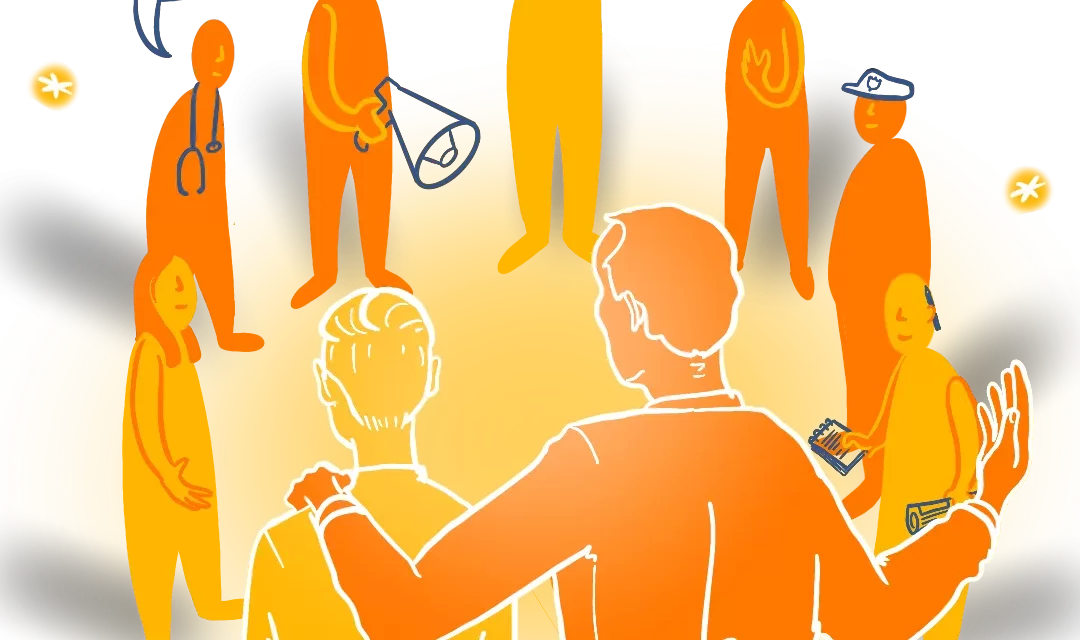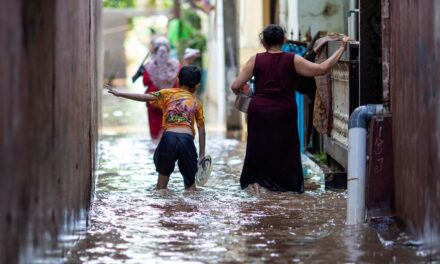India faces a concerning rise in youth suicide rates, with experts warning that more young people die by suicide in the country than in many others. This grim observation was shared on the occasion of World Suicide Prevention Day, observed annually on September 10 to raise awareness and fight stigma surrounding suicide.
This year’s theme, “Changing the narrative on suicide,” calls for a shift in societal attitudes and the need for more open conversations around mental health. Suicide has been identified as the fourth leading cause of death among adolescents aged 15–19 in India, and data from the National Crime Records Bureau (NCRB) reveal that over 40% of suicide cases involve individuals under 30 years old.
“The magnitude of young people dying by suicide in India is unfortunately very high. In fact, the number of young people who died by suicide in India is almost double the global average,” said Professor Nand Kumar, a psychiatrist at the All India Institute of Medical Sciences (AIIMS), speaking to IANS. He further highlighted that approximately 160 young individuals die by suicide each day in India, underscoring the urgent need for preventive measures.
Common factors contributing to suicide among the youth, as cited by experts, include stressful family environments, unstable emotional health, substance abuse, failed relationships, poor social connections, and feelings of loneliness. The NCRB reported a staggering 1.71 lakh suicides in 2022, painting a stark picture of the country’s mental health crisis.
Psychiatrist Dr. Shyam Bhat, Chairperson of LiveLoveLaugh, emphasized the scale of the problem: “Suicide, a leading cause of death among individuals aged 15 to 39, is one of the most pressing public health crises we face globally and in our country.” He called for immediate attention to address the growing number of suicide cases among India’s youth.
While government initiatives like the National Mental Health Programme and the Kiran Helpline have been launched to tackle mental health challenges, experts agree that more needs to be done. “Greater awareness, access to care, and addressing underlying socioeconomic issues are essential to reducing suicide rates,” said Dr. Jyoti Kapoor, Founder-Director and Senior Psychiatrist at Manasthali. She further stressed the need to foster compassionate, open discussions around mental health struggles in order to combat stigma.
Experts agreed that societal involvement is critical to reducing suicide rates. Creating an environment where individuals feel supported and have easy access to mental health services—free from shame and judgment—is essential. According to Professor Kumar, a comprehensive suicide prevention strategy must go beyond identifying those at risk. “Policy interventions should focus on enhancing social and emotional connectivity, promoting physical and emotional activity, and practicing mindfulness,” he added.
As India grapples with an increasing number of suicides among young people, the message from experts on World Suicide Prevention Day is clear: addressing this crisis requires a collective effort from individuals, communities, and policymakers alike. The focus must be on prevention, early intervention, and changing societal attitudes to foster a more supportive environment for those facing emotional challenges.












